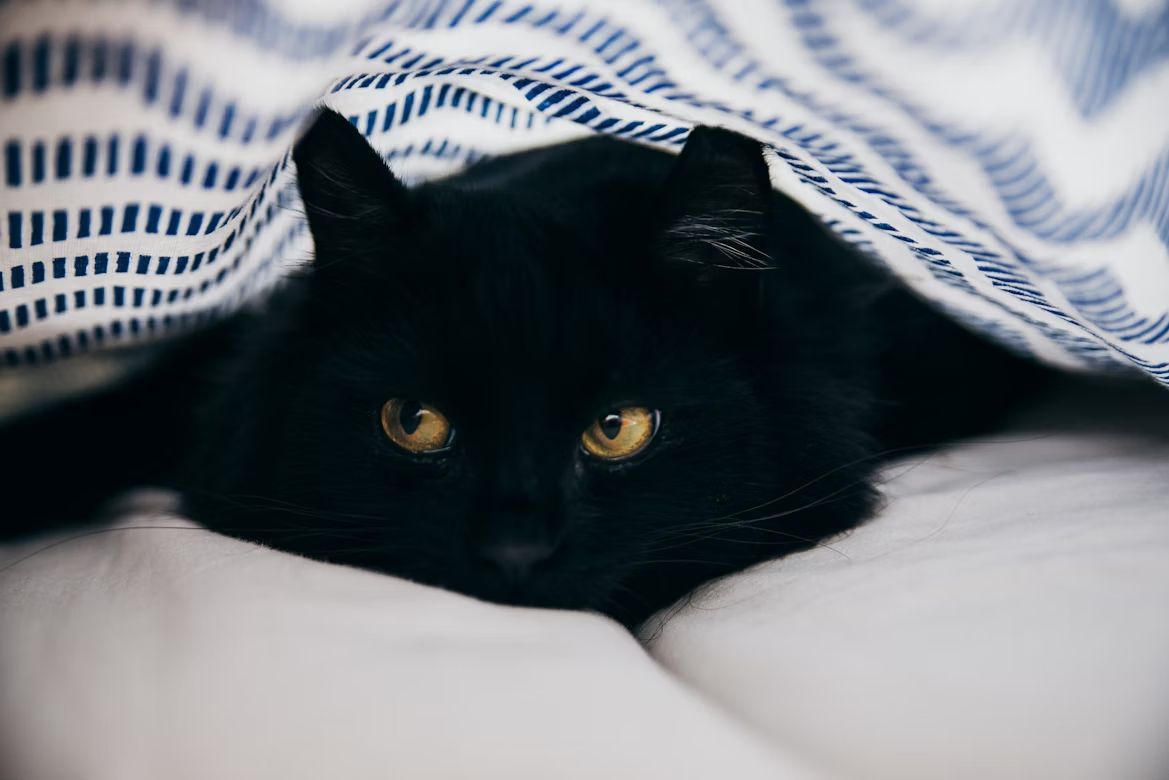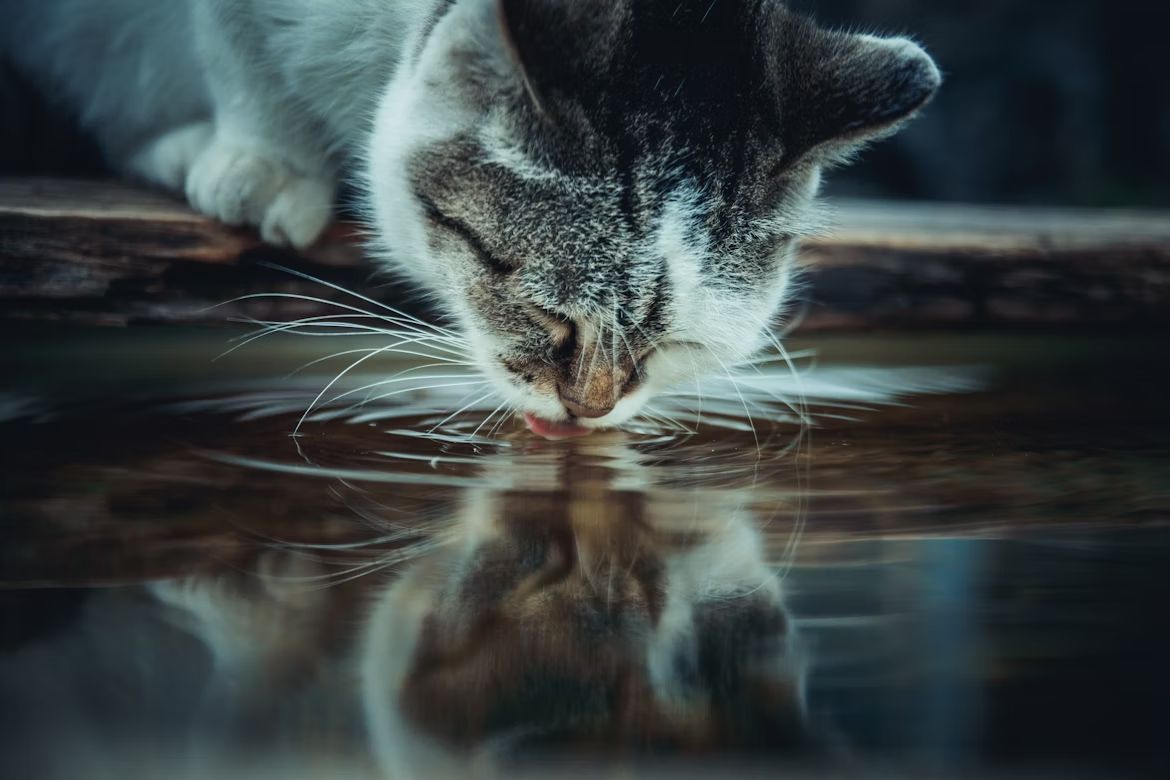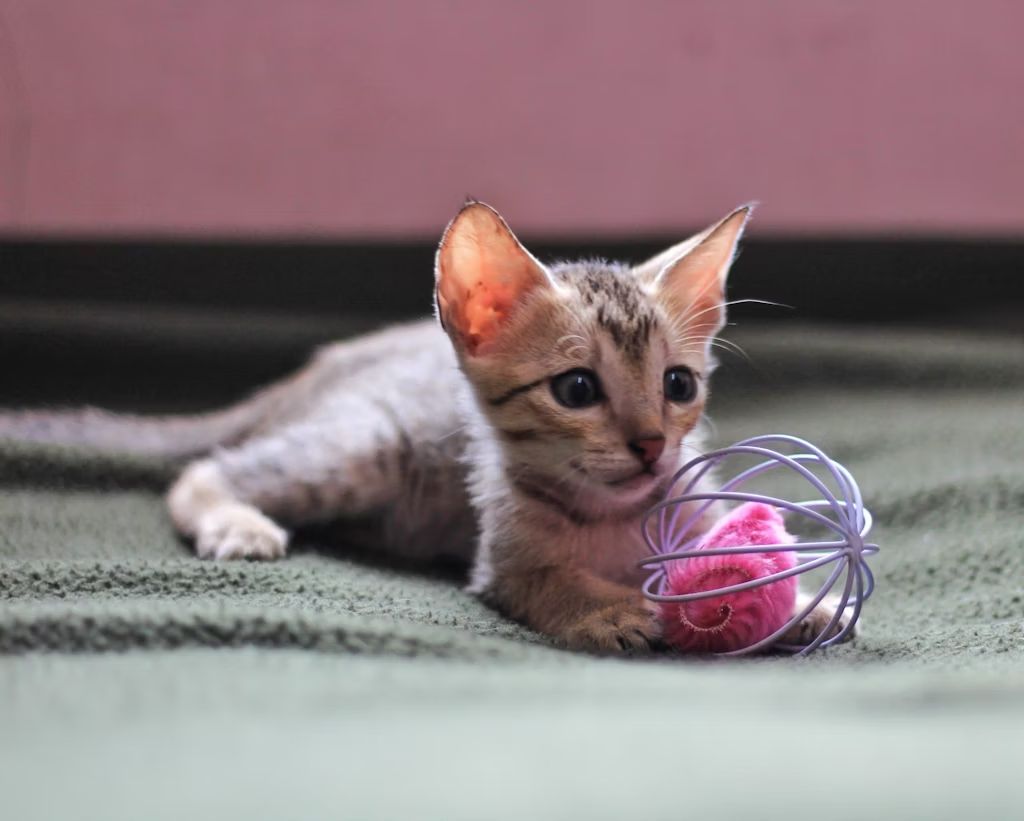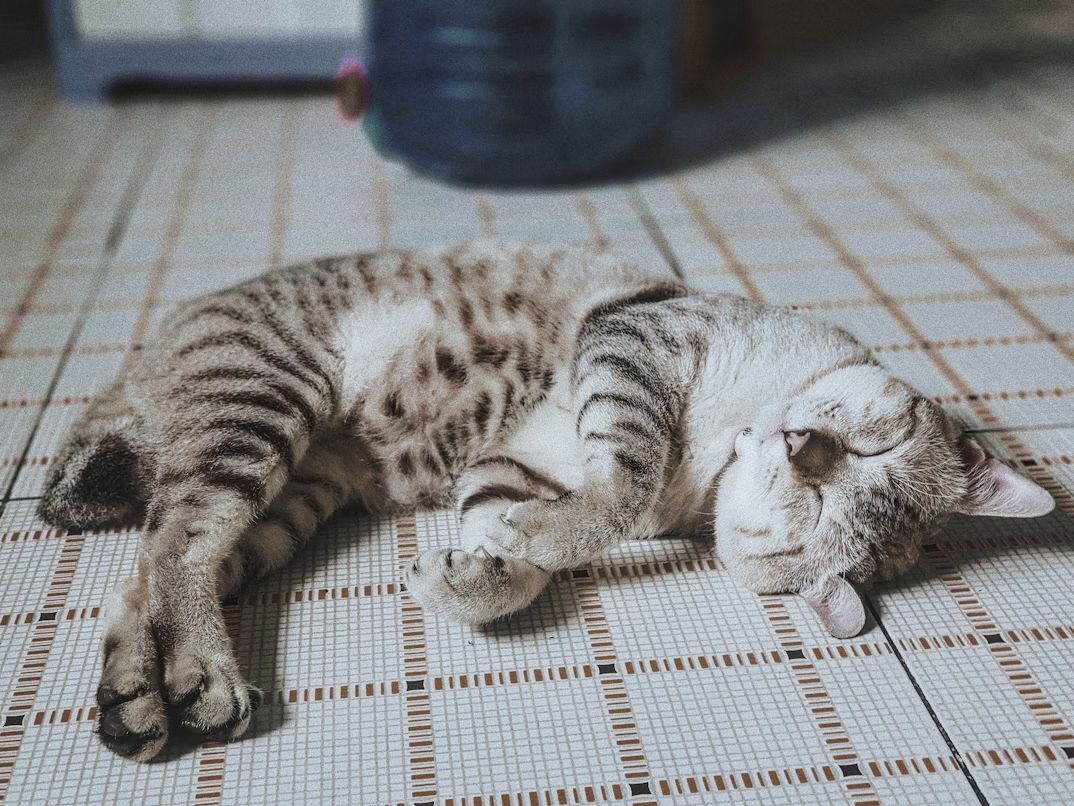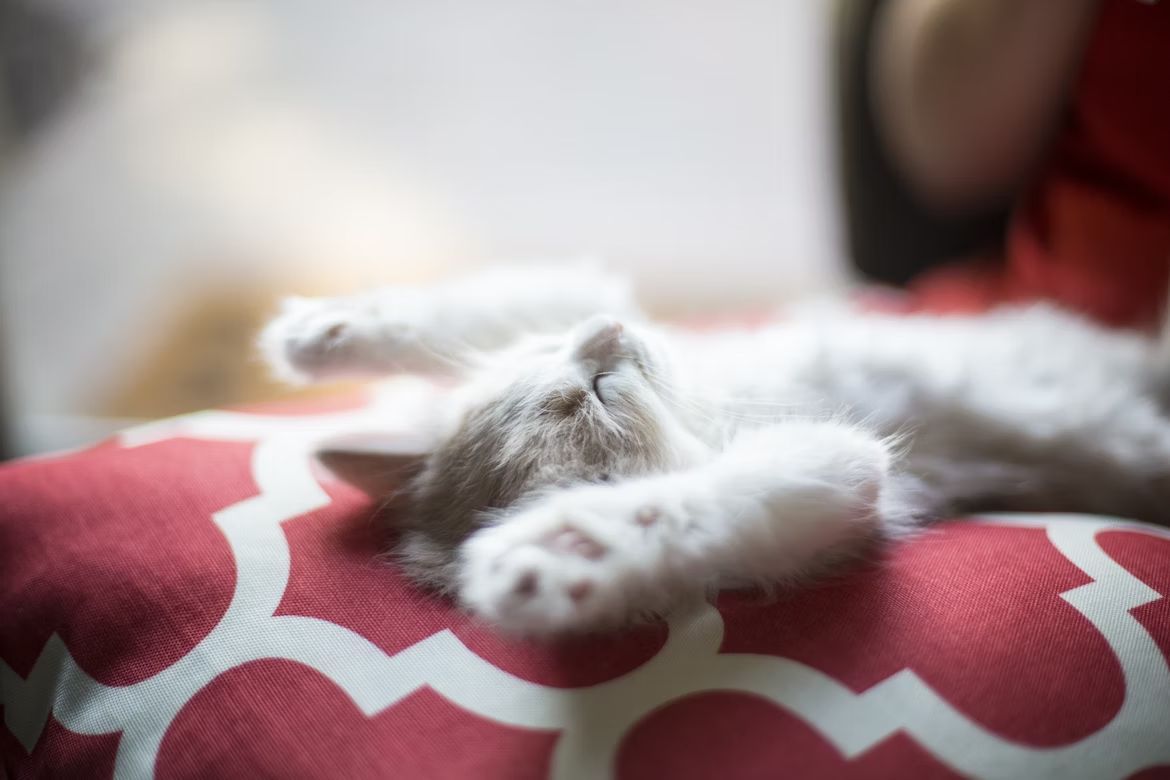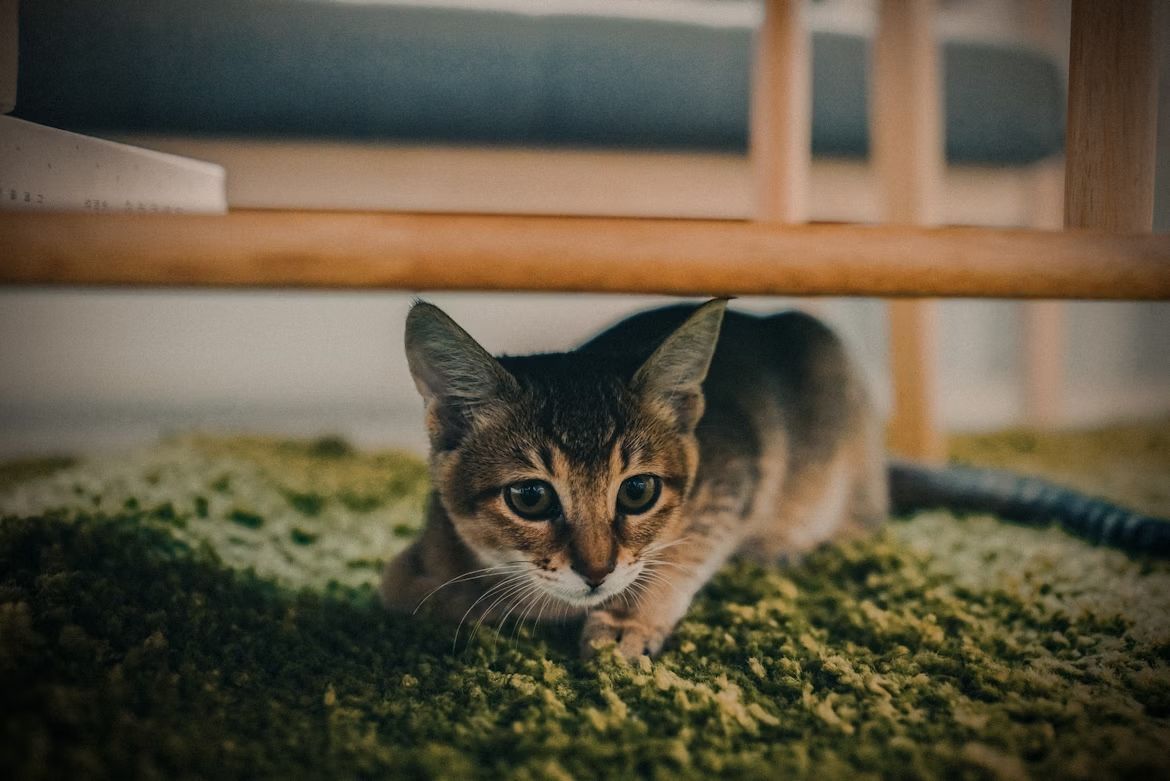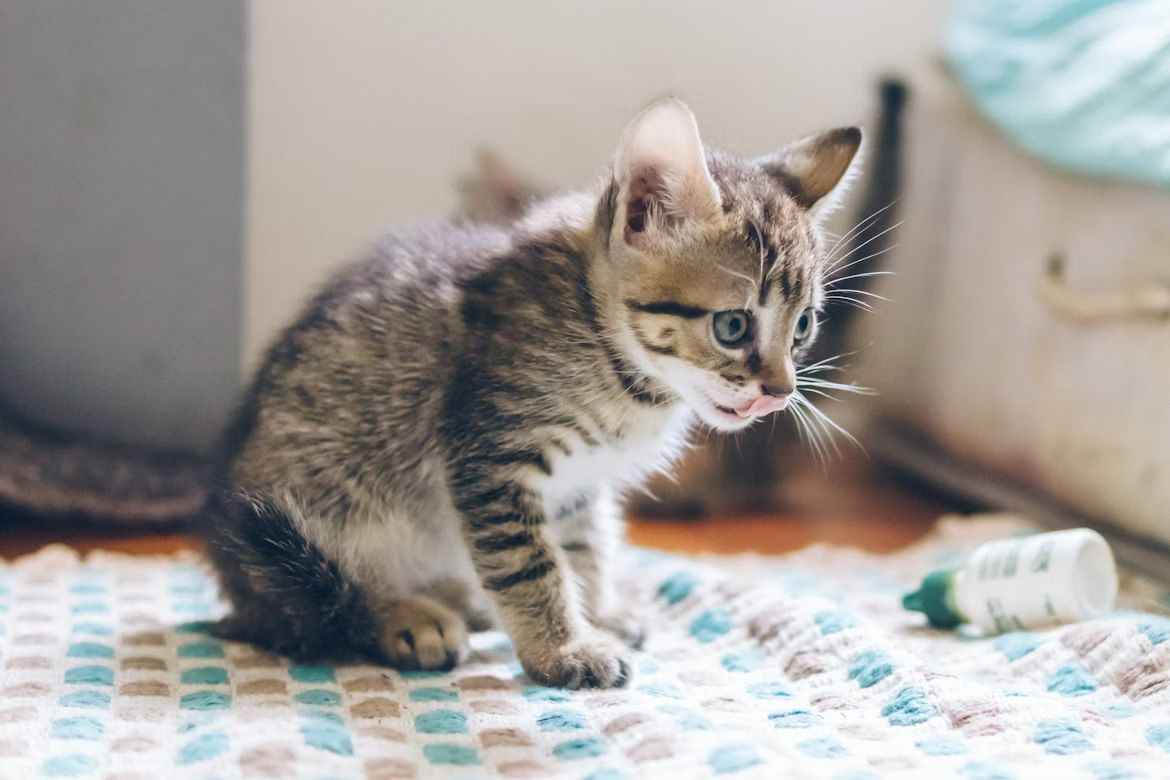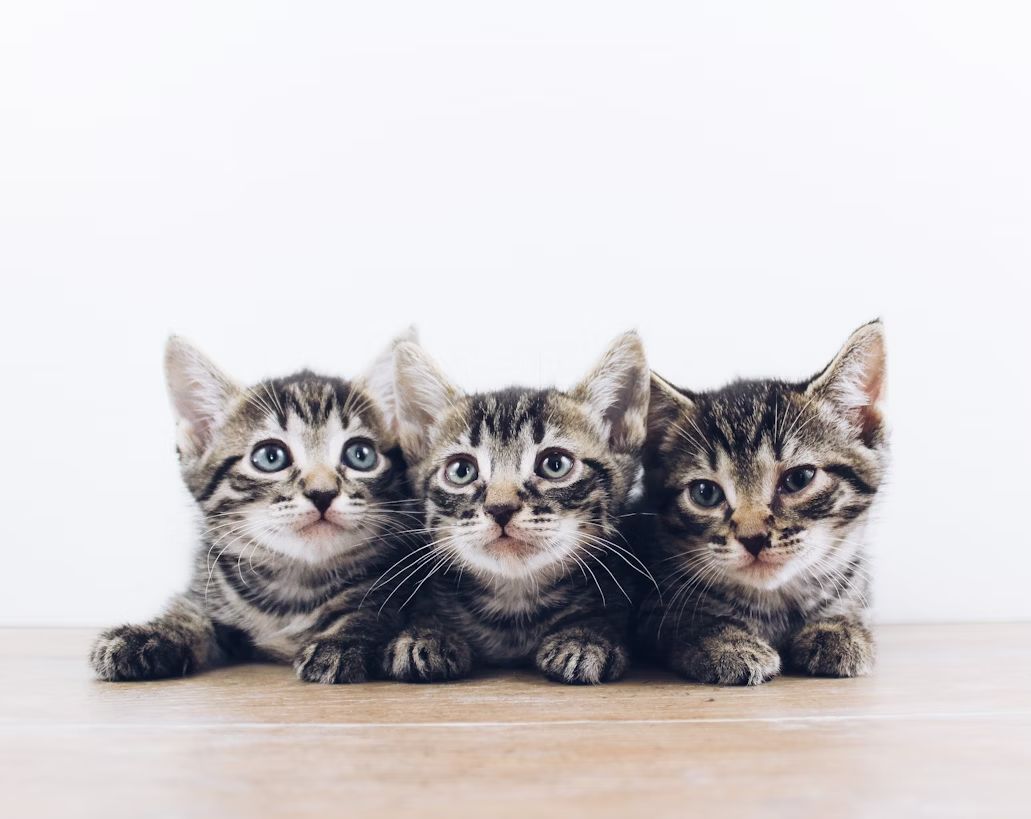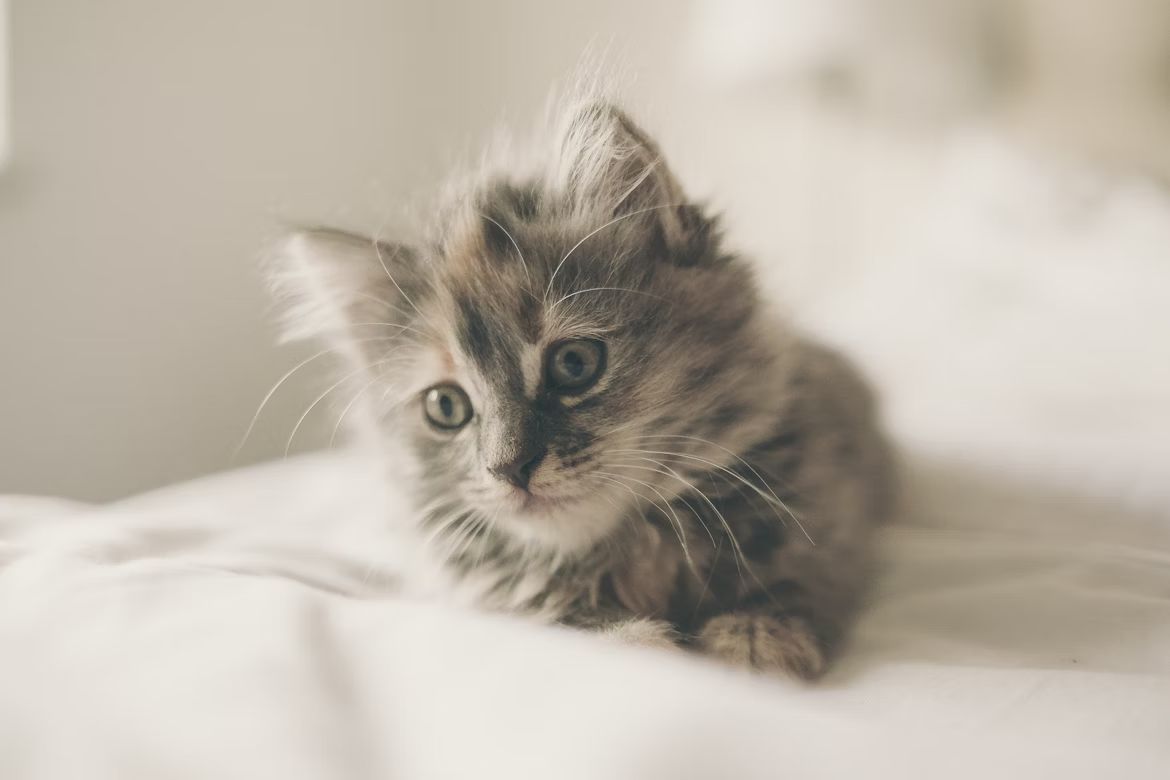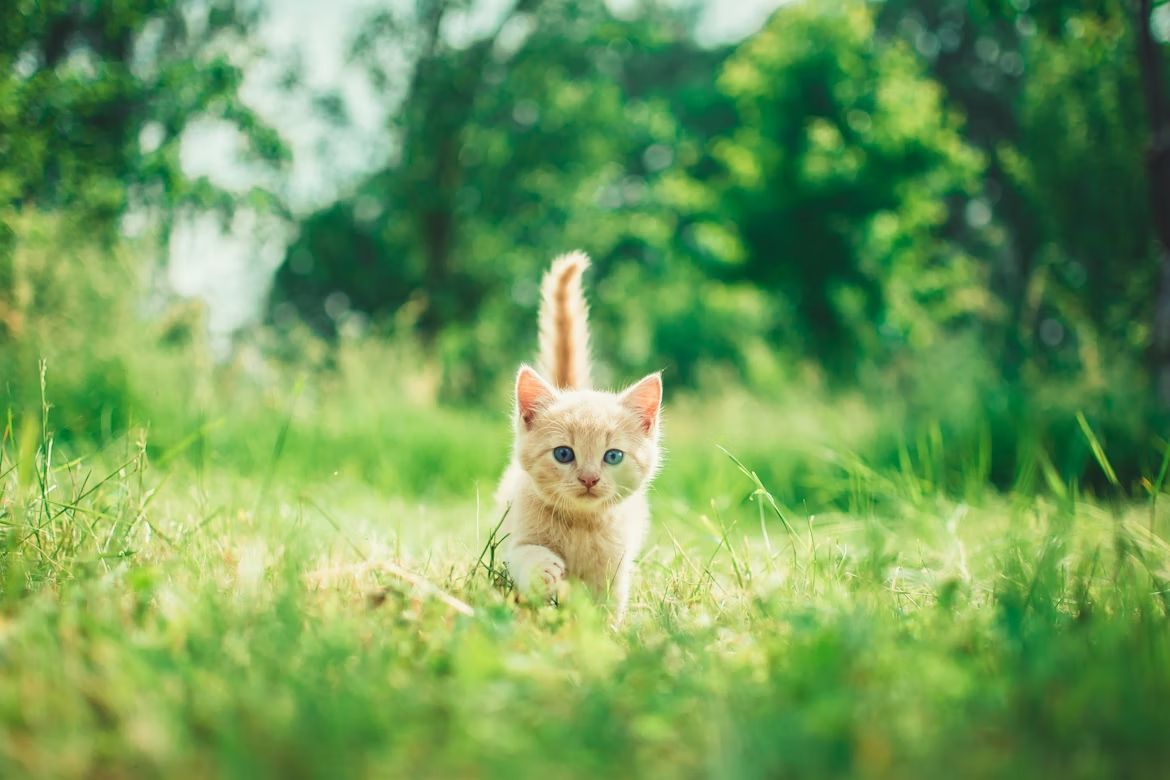Extraordinary
They can't fly, yet these 10 people have amazing superhuman abilities!
Published on September 28, 2025
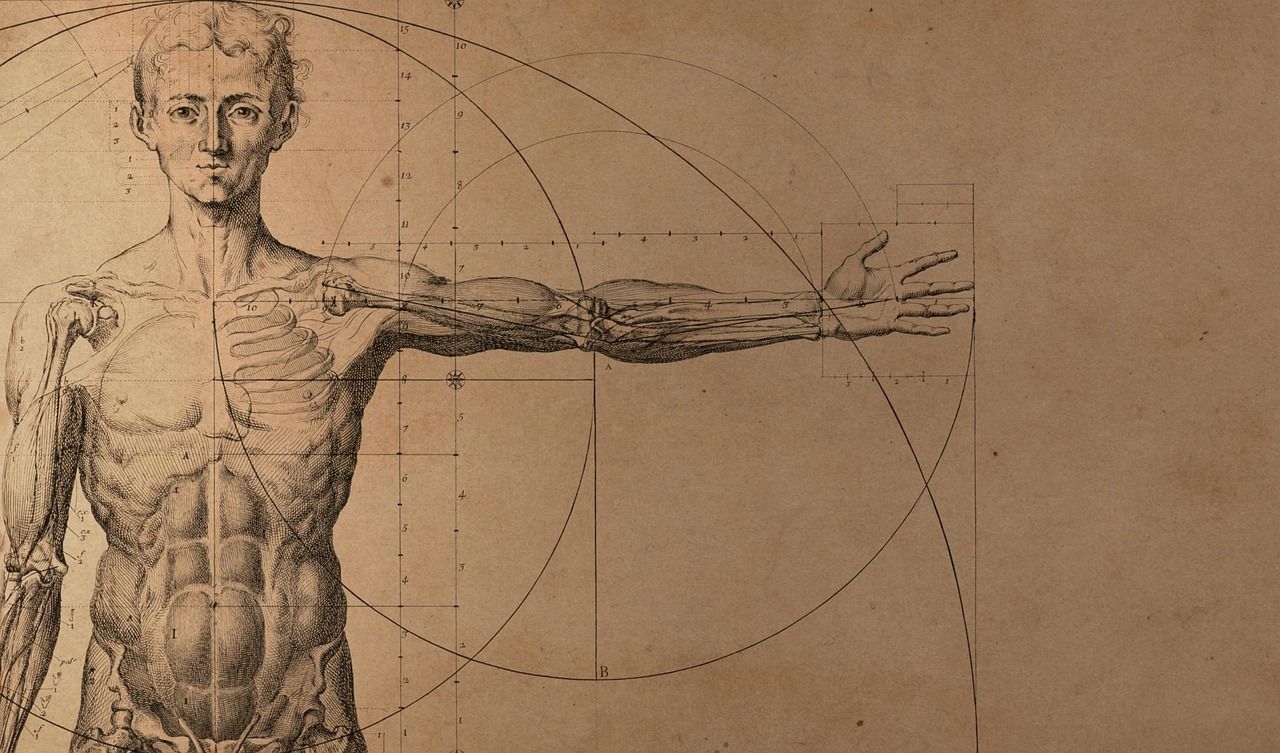 Credit: DangrafArt
Credit: DangrafArt
We are often unaware of the unlimited potential of human beings. Certain individuals possess unique and powerful abilities that are truly extraordinary. From a woman who can see inside the human body to a man who experiences colors and textures in numbers, these people are living proof of the incredible diversity of human talent and resilience. Read on to learn the stories of 10 individuals who have such amazing skills that they are almost superhuman.
Women with genetic superpowers
 Credit: john ko
Credit: john ko
On Jeju Island, South Korea, a group of women—some as old as 80—dive into freezing water without tanks or thermal suits. The haenyeo are not afraid of the cold; they descend up to 30 feet deep hunting for shellfish and can hold their breath for as long as two minutes.
But how is this possible? It's not magic—it’s adaptation. Since they have been diving for centuries, their bodies have adapted to extreme conditions. Recently, scientists discovered that these legendary divers have unique genetic traits that regulate their blood pressure, increasing their tolerance to cold and protecting them even during pregnancy. Researchers compared the DNA of haenyeo with that of other non-diving Korean women and found significant differences.
Dream Detective
 Credit: Randy Tarampi
Credit: Randy Tarampi
Chris Robinson, or Dream Detective, as he calls himself, claims to be able to see the future in his dreams. Since 1989, he says he has dreamt of crimes, natural disasters, and even collaborated with law enforcement on several cases.
His uncanny ability has been studied multiple times, and on one occasion, he was able to accurately predict a series of events that would happen the next day. While Robinson doesn’t always get it right, his record of claimed premonitions is intriguing and has earned him considerable attention.
Chronic insomniac
 Credit: Nikhita Singhal
Credit: Nikhita Singhal
In 1973, Thai Ngoc developed a severe fever from a rare illness. He recovered after a few weeks, but was affected by a strange medical condition that scientists cannot explain: Thai Ngoc claims he can’t sleep, not even for a moment.
The Vietnamese farmer is now 83 years old and says he hasn't slept in more than 60 years. Even prescription medications have failed to help him rest. So what does he do during those endless nights? He spends his time farming and making his own rice wine!
X-ray vision
 Credit: lhon karwan
Credit: lhon karwan
Natalya Demkina, a young woman from Russia, can see inside people's bodies. At least that's what she claims and has been trying to prove over the years. The first time she declared to have this ability, she was 10 years old, and everyone thought it was childish nonsense. However, as time went by, Natalya proved she could actually diagnose a person just by looking at them for a few minutes.
Scientists have carried out various tests to investigate her claims, often with mixed or skeptical results. Still, many continue to believe in her powers. What do you think? Is it true?
Seeing sounds, tasting colors
 Credit: Logan Voss
Credit: Logan Voss
Elisabeth Sulser suffers from a strange condition called synesthesia. A synaesthete can hear colors and see sounds, as well as experience taste when she touches a particular texture. It is a rare neurological condition, and Elisabeth Sulser presents one of the most complex cases of synesthesia in the world.
As a child, she believed her unusual perceptions were completely normal. It wasn’t until her teenage years, while beginning her musical career, that she learned she had this rare neurological condition. Today, she is a successful performer and composer. How do you think she feels about her own music?
A landscape painter with an incredible memory
 Credit: Gobierno CDMX, CC0, via Wikimedia Commons
Credit: Gobierno CDMX, CC0, via Wikimedia Commons
Stephen Wiltshire is an English artist famous for his extraordinary ability to draw detailed landscapes entirely from memory after seeing them just once. Diagnosed with autism at the age of three—the same year his father was killed in a motorcycle accident—Wiltshire found comfort in drawing. Encouraged by his teachers, he used art not only to express himself but also as a bridge to learning speech.
His ability is so impressive that in 2006, Prince Charles of England made him a Member of the Order of the British Empire in recognition of his artistic work.
Accidental genius
 Credit: Thomas T
Credit: Thomas T
When he was 10 years old, American Orlando Serrell was struck in the head by a baseball and briefly knocked unconscious. After recovering, he discovered he could solve complex math problems in record time. Serrell suffers from brain damage, and although his mathematical ability was latent before the accident, his trauma turned him into a genius.
Acquired savant syndrome is a rare condition in which a person develops exceptional skills after a brain injury or trauma. In addition to his mathematical abilities, Serrell has other rare skills, such as being able to remember what the weather was like every day since his accident, or identify the day of the week for almost any date mentioned to him.
The man who never stops
 Credit: Alex Kinkate
Credit: Alex Kinkate
The American ultramarathon runner Dean Karnazes is no ordinary athlete; his body works in an extraordinary way. He has a rare physiological adaptation that allows him to efficiently clear lactic acid from his muscles, preventing the painful buildup that normally forces people to stop.
Lactic acid is responsible for the hot, burning sensation we feel when we do physical activity. Because Karnazes' muscles always receive the necessary oxygen, he never gets tired and can keep running for miles without even taking a break. This uncanny ability has allowed him to set an incredible record in the United States: he ran 50 marathons in 50 states in 50 consecutive days.
The mathematical translator
 Credit: Alexandru-Bogdan Ghita
Credit: Alexandru-Bogdan Ghita
Daniel Tammet is a British writer and scholar celebrated for his extraordinary skills in mathematics and languages. Diagnosed with high-functioning autism and having experienced epilepsy as a child, he can perform complex calculations, memorize vast sequences of numbers, and learn new languages with remarkable speed.
In addition, Tammet experiences synesthesia, which enables him to assign totally unique physical properties to each number. He can even identify numbers according to the way their surface feels to the touch, awakening in him a totally different set of emotions each time.
A nurse's extraordinary sense of smell
 Credit: Markus Spiske
Credit: Markus Spiske
Joy Milne is a Scottish nurse known for her remarkable sense of smell, which allows her to detect Parkinson’s disease. She first noticed this unusual ability when she detected a distinctive musky odor on her husband, twelve years before he was officially diagnosed.
Researchers have since confirmed her talent, finding that she can identify a specific odor in the sebum of people with Parkinson’s. Thanks to Joy’s extraordinary sense of smell, progress has been made in early diagnosis and research, offering hope to those affected by the disease.

